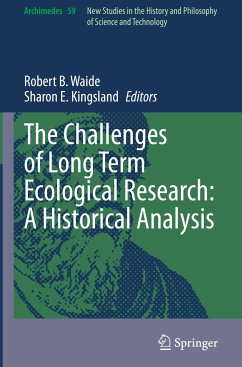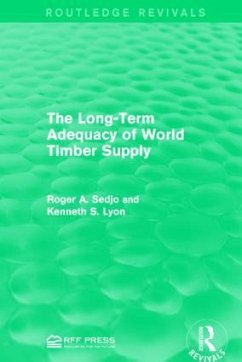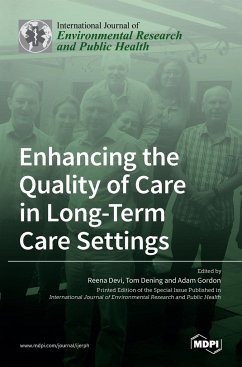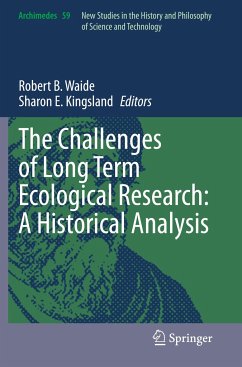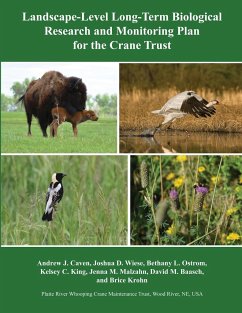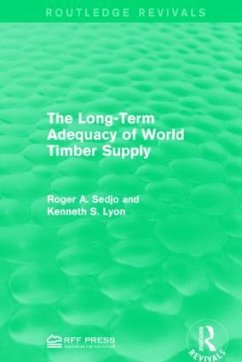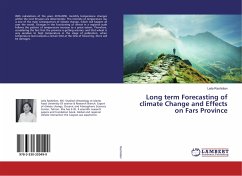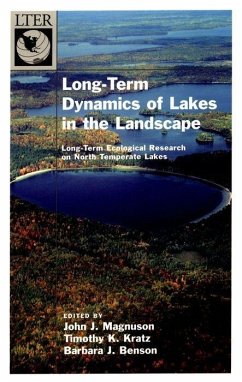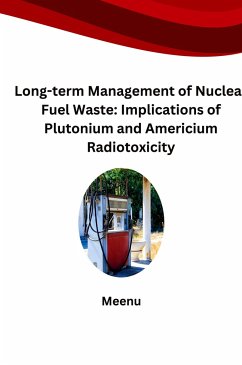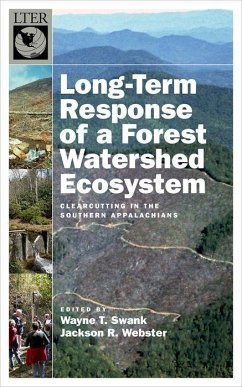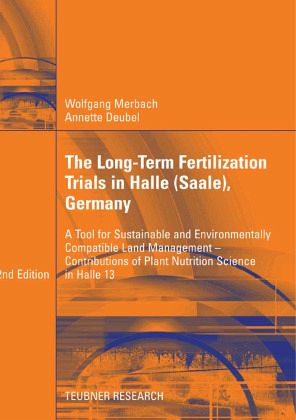
The Long-Term Fertilization Trials in Halle (Saale)
A Tool for Sustainable and Environmentally Compatible Land Management - Contributions of Plant Nutrition Science in Halle 13

PAYBACK Punkte
0 °P sammeln!
The soils of our planet in enabling and sustaining plant growth provide the basis of human existence, as about 98 % of all foodstuff is primarily produced by t- restrial ecosystems. As a consequence of erosion, desertification, and the dev- opment of buildings, roads, industrial estates, etc, the utilizable soil surface area of the world is now decreasing by about 10 million ha annually, a loss which is occurring concurrently with a rapid increase of world population which is - pected to reach 8. 5 billion people by the year 2020. A diminishing soil area has thus to satisfy an ever increasing ...
The soils of our planet in enabling and sustaining plant growth provide the basis of human existence, as about 98 % of all foodstuff is primarily produced by t- restrial ecosystems. As a consequence of erosion, desertification, and the dev- opment of buildings, roads, industrial estates, etc, the utilizable soil surface area of the world is now decreasing by about 10 million ha annually, a loss which is occurring concurrently with a rapid increase of world population which is - pected to reach 8. 5 billion people by the year 2020. A diminishing soil area has thus to satisfy an ever increasing population. The human race is therefore faced with the major challenge of ensuring substantial and rising increases in plant production per unit land area worldwide, but with lower resource inputs and the need for long-term preservation of soil fertility under uncertain and possibly strongly changing climatic conditions on a global scale. Scientifically sound recommendations for agriculturaland environmental policies are expected from research work. These require well-founded knowledge about the reaction of soils and agroecosystems towards different cultivation and fertilization practices as well as towards climatic factors. Such knowledge can only be obtained by long-term investigations, as the effects of human activity as well as of non-anthropogenic factors occur very gradually because of the buffer capacity of the ecosystems, and they are often quantifiable only in the fullness of time.





